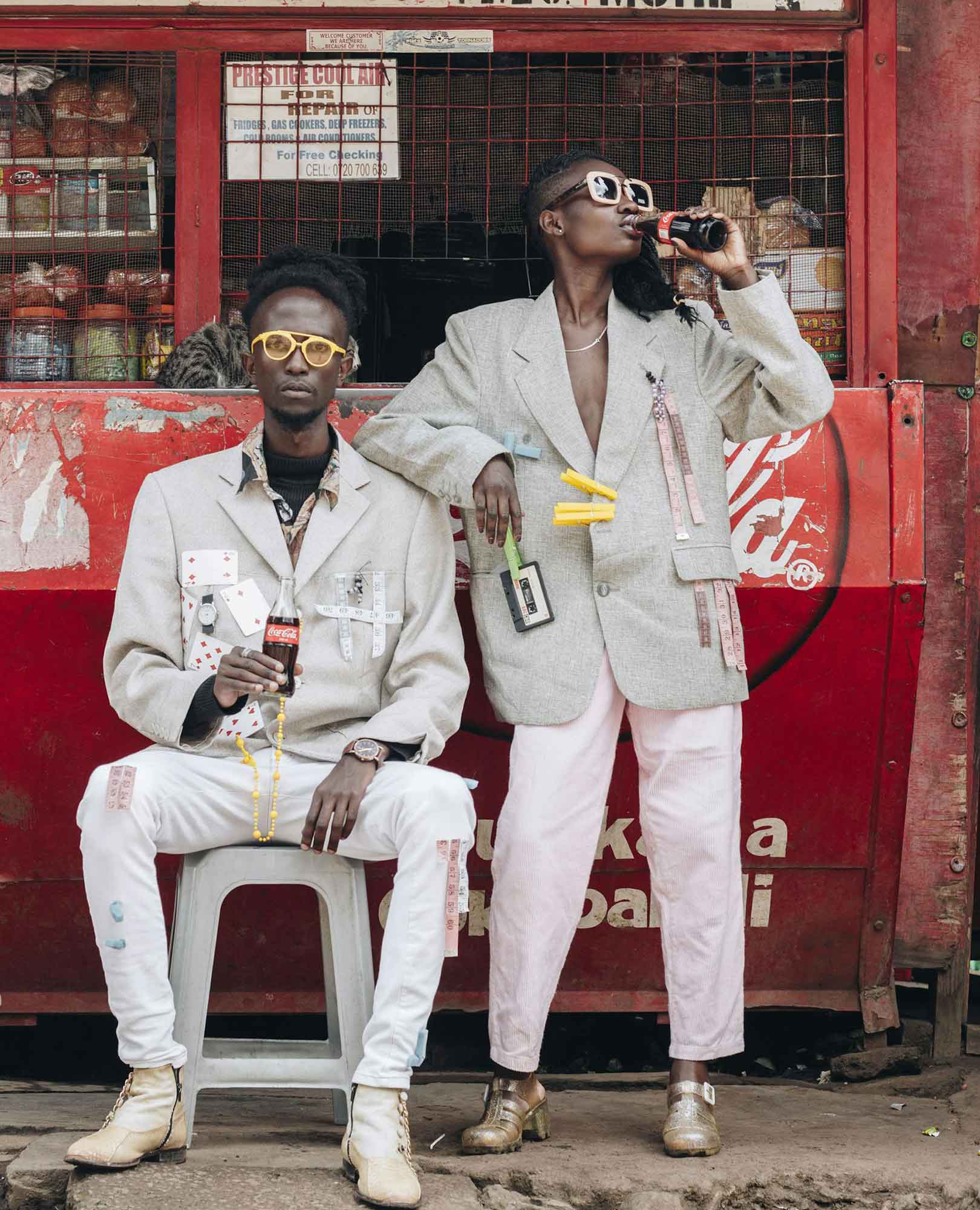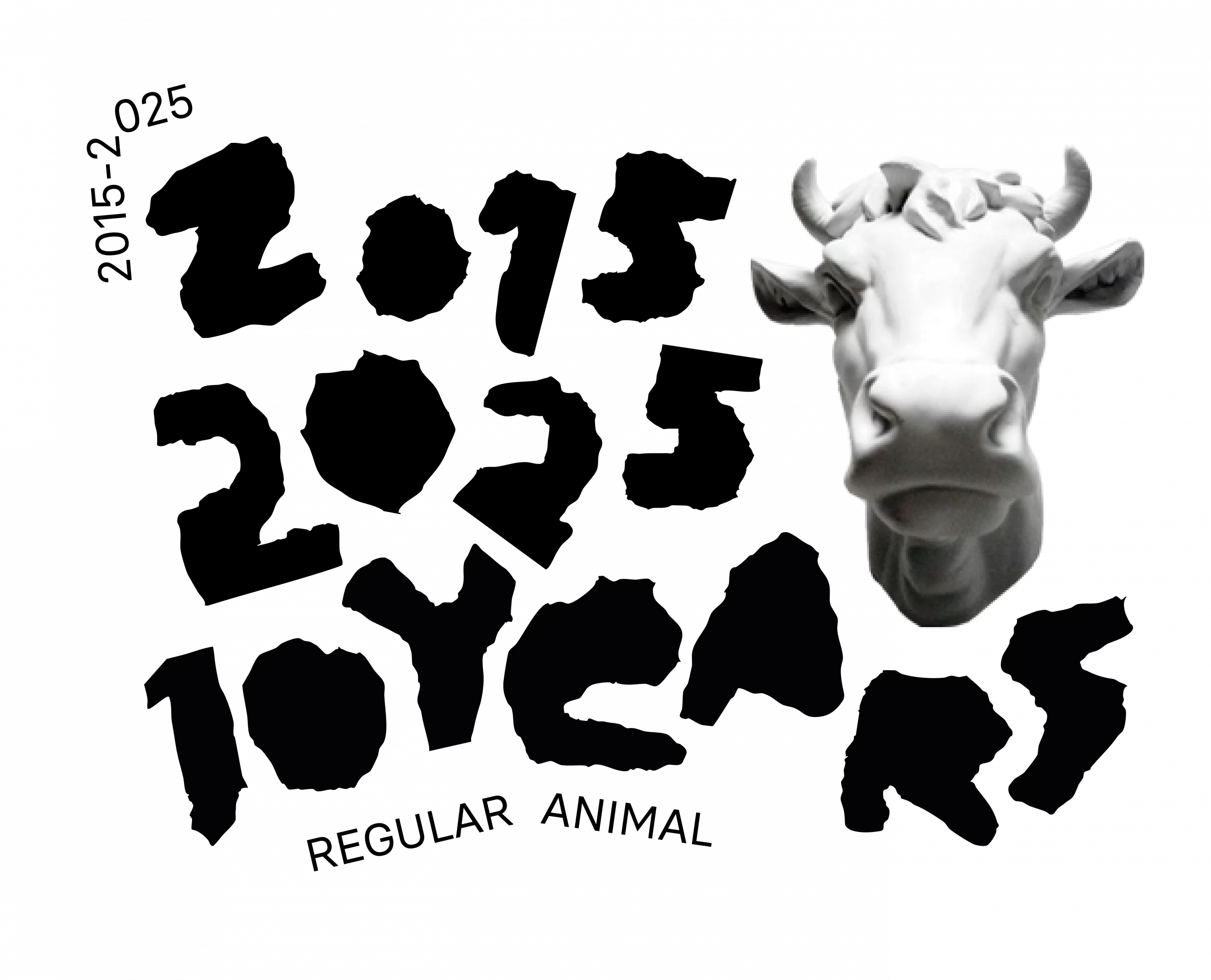Sustainable Marketing: Understanding The Consumer
September, 2022
Emerging mindsets are changing the conversation on sustainable marketing. To thrive in this new world, organizations need to update their brand strategies and find ways to engage with these new consumer profiles.
A 2020 World Economic Forum survey of 21,000 people from 28 countries discovered that 86% would like to see more sustainable products in the market. WGSN’s Create Better: Innovating Towards a Sustainable Future shows that sustainability remains a critical consumer priority, with discussions about the topic staying relevant across industries.
Consumers are expecting change from organizations, and many are willing to participate in building back a better world next to the brands they choose. According to a 2020 Institute for Business Value report, six out of 10 consumers are ready to change their buying behavior to minimize their environmental footprint. Data suggests this intensified during the pandemic.
Major brands are looking to harness their global power, networks, and infrastructures to scale up ecological solutions, accelerate innovation and democratize sustainability. As a result, sustainability will become more affordable and accessible for all. The future of sustainability lies in integration and collaboration. Three key consumer mindsets are emerging, and here are some brand strategies to engage with them.
Democratic sustainability—the value-driven consumer
For this group, sustainability expectations are centered on affordability and accessibility. Businesses must respond through models and strategies that democratize access to sustainable education and lifestyles. Ultimately, this enables them to scale up ecological solutions.
Addressing the climate emergency requires a global-scale behavioral change to adopt responsible lifestyles en masse. To facilitate this shift, affordability and accessibility to lower-impact propositions are
essential for consumers. Increasingly driven by a need for independence and value for money, this group seeks convenient local solutions that enable them to regain control and simplify life.
Convenience and socio-ecological responsibility need to be integrated into commercial offers. According to a 2020 KPMG survey of more than 75,000 respondents across 12 markets, 63% of consumers consider value for money a critical purchase driver. The pandemic increased awareness of the fragility of the globalized system and accelerated a shift in preferences from global and centralized to local and decentralized. Local economies and services enable customers to access and assimilate sustainable choices on a micro-level. Open-source, decentralization, degrowth, and decolonization shift from exclusive concepts to mainstream realities, with organizations scaling up products, services, and systems that integrate these values by default.
Active sustainability—the purpose-driven consumer
These consumers channel their fears about the climate emergency into hope and action, willingly adopting new behaviors to reduce their ecological footprint. Therefore, organizations must collaborate with sustainability individuals, advocates, and communities, to address the climate emergency collectively.
The effects of the climate emergency (from record low temperatures in Texas to record high temperatures in California and floods in Miami) are impacting people’s mental health, particularly young adults and children. A 2021 survey — the largest of its kind — by Elizabeth Marks and Caroline Hickman of the University of Bath asked 10,000 young people in 10 countries how they felt about climate change and government responses to it. Most respondents were apprehensive about climate change, with nearly 60% saying they felt ‘very worried’ or ‘extremely worried.’ In addition, many associated negative emotions with climate change — the most commonly chosen were ‘sad,’ ‘afraid,’ ‘anxious,’ ‘angry,’ and ‘powerless.’ 45% of participants said their feelings about climate change impacted their daily lives.
Climate depression and eco-anger drive exceptional engagement in climate activism. A 2021 report in the Journal of Climate Change and Health states that this consumer group will transform negative emotions related to climate change into hope and action, making efforts to adjust their lifestyle to minimize their negative impact. 57% of consumers are willing to modify their buying behavior to be more responsible, according to a survey of 18,980 consumers in 28 different countries by the IBM Institute for Business Value. As a result, brands need to provide customers with propositions that facilitate the shift towards sustainability, from personal carbon footprint-tracking apps to zero-waste products.
For organizations, being vocal about sustainability commitments will be as important as following with actions. Purpose-driven consumers want to participate in changing the world for the better, together with the brands they choose. Community and collaboration are their fundamental values, and hope and compassion are their emotions.
Outsourced sustainability—the disengaged consumer
Driven by mistrust in institutions and misinformation, this cohort rejects the responsibility of minimizing personal environmental impact through new behaviors. Instead, they expect businesses to step in and lead sustainability transformation.
Businesses are perceived as the only trustworthy institutions over NGOs, media, and government by 61% of over 33,000 respondents in 28 countries of the Edelman Trust Barometer 2021. In addition, consumers expect organizations to tackle and solve environmental challenges. 68% of those surveyed say CEOs should step in when the government does not fix societal problems. This allows businesses to establish themselves as thought leaders, guiding customers to a more resilient and responsible future.
Investments in sustainability provide companies with economic opportunities, transforming the recovery from the pandemic into a green transformation and restoring trust and hope among this group. In Southeast Asia alone, the green economy could generate more than $1trn in financial opportunities by 2030.
Maintaining quality information standards is another critical element for rebuilding trust among disengaged consumers. According to a State of Plastic Recycling report, two-thirds of over 5,500 adults across four markets do not recycle their plastic waste due to a lack of confidence in the recycling system. Brands, in collaboration with governments and media, need to provide unbiased, truthful, and reliable content around sustainability, helping customers navigate the complexities related to it, such as recycling products at the end of their lifecycle.
REFERENCES
World Economic Forum
WGSN, Create Better: Innovating Towards a Sustainable Future
2020 IBM Institute for Business Value report
KPMG, Responding to Consumer Trends in the New Reality
Young People’s Voices on Climate Anxiety, Government Betrayal, and Moral Injury: A Global Phenomenon
Hickman, C. et al. Preprint

A survey by Hickman, C. of 10,000 young people shows that negative feelings about climate change can cause psychological distress. Climate change makes me feel…
Regular Animal is a Miami-based creative agency dedicated to create content that makes exceptional brands shine. We bring your brand to life through Right Thoughts, Right Words, Right Actions™—inspiring branding, sleek graphic design, user-friendly websites, and compelling copywriting.
 Skip to main content
Skip to main content
